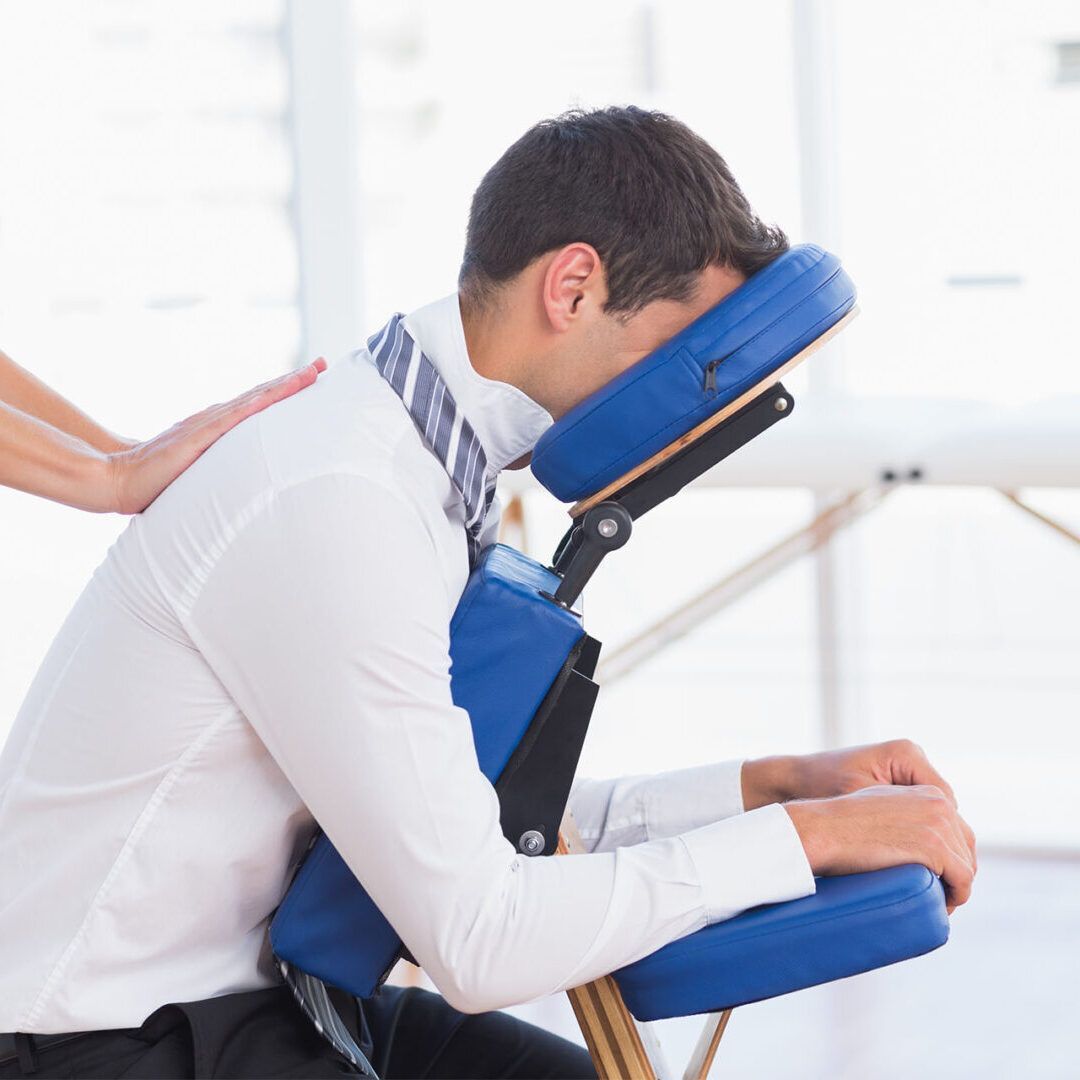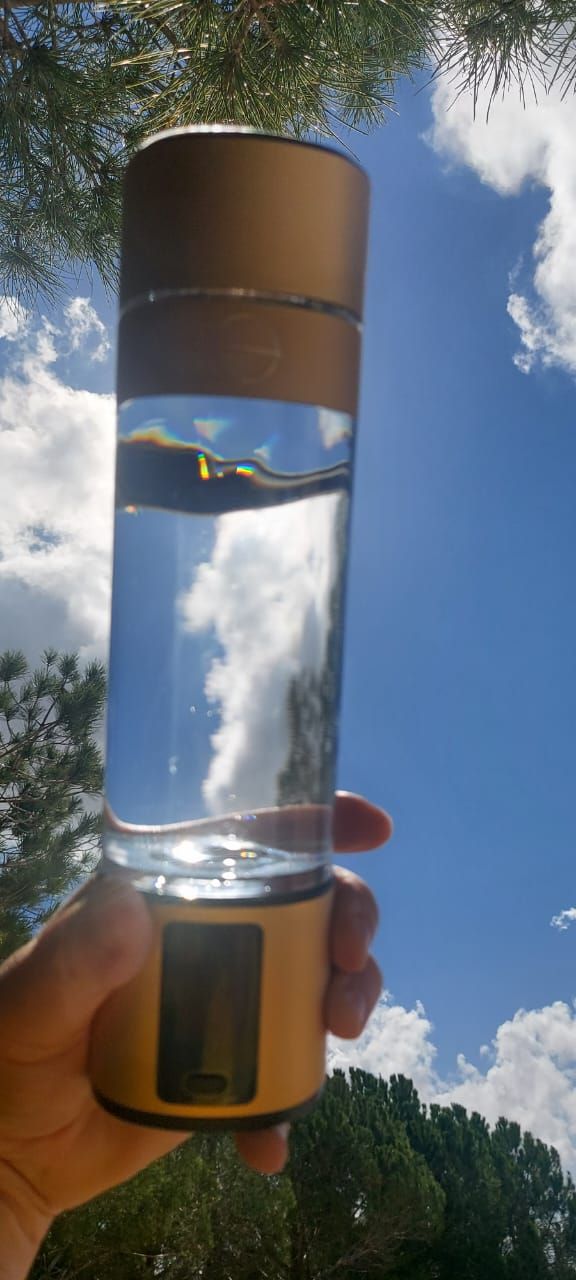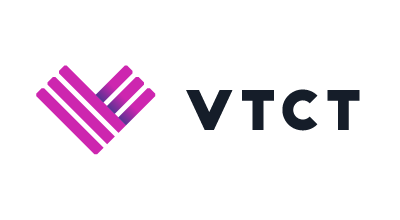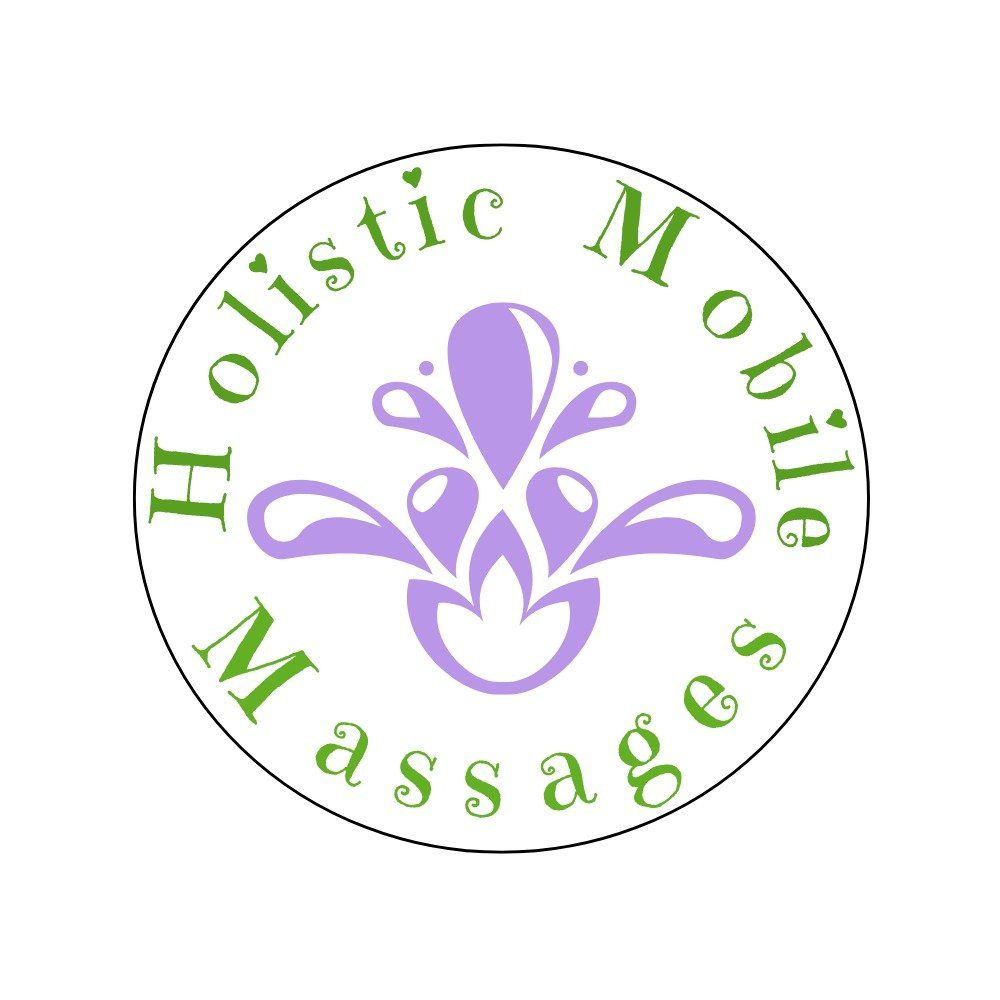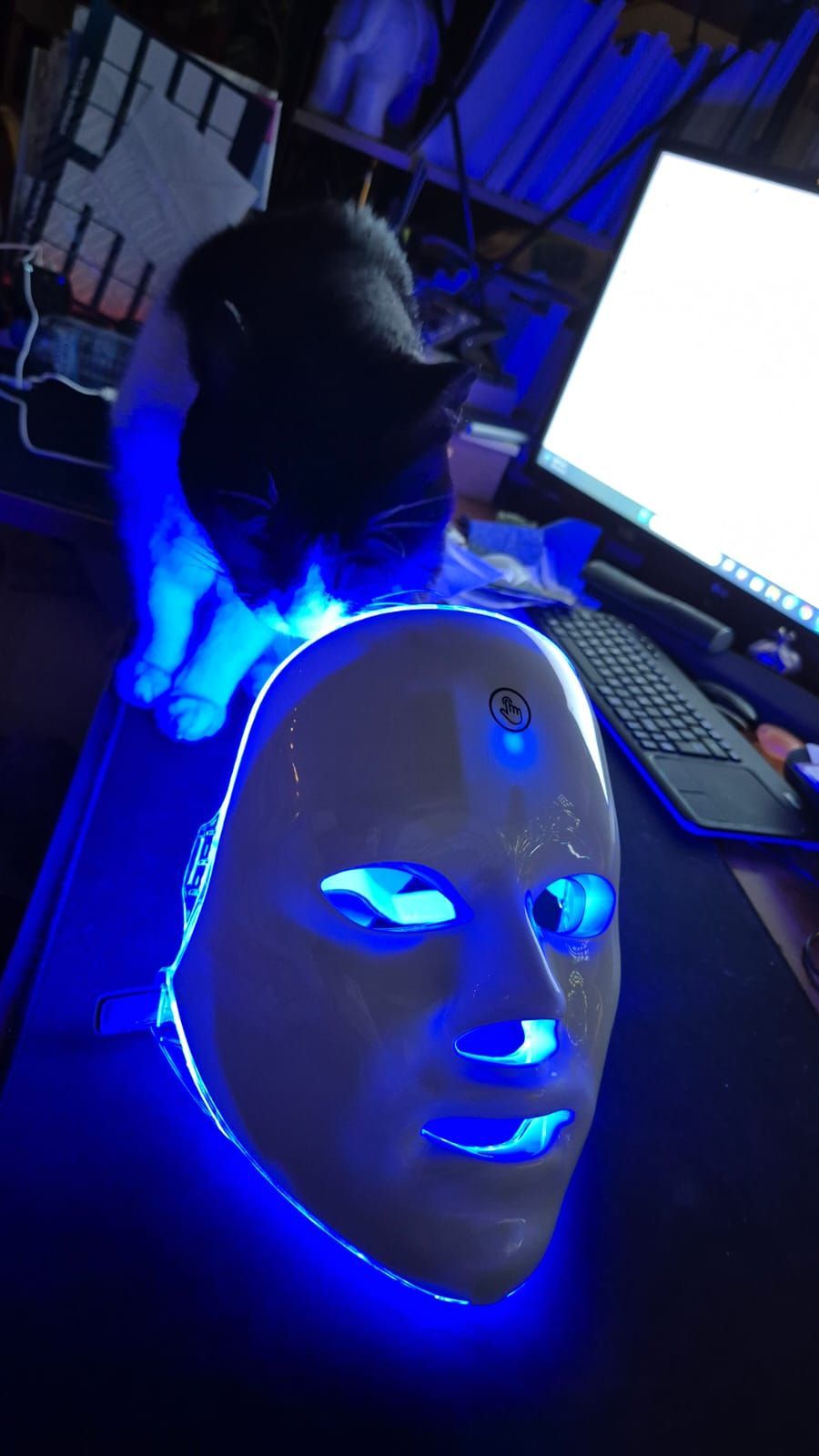Unlocking the Benefits of Massage for Your Child's Well-being
In the whirlwind of parenting, where the days are filled with joy, laughter, and the occasional chaos, one often wonders about the holistic well-being of their child. Amidst the parenting toolkit, one underrated and profoundly impactful tool is massage. Today, we delve into the therapeutic benefits of massage for children, exploring how this ancient practice can significantly contribute to your child's development, regardless of age, mood regulation, cognitive function, stress management, physiological and physical well-being.
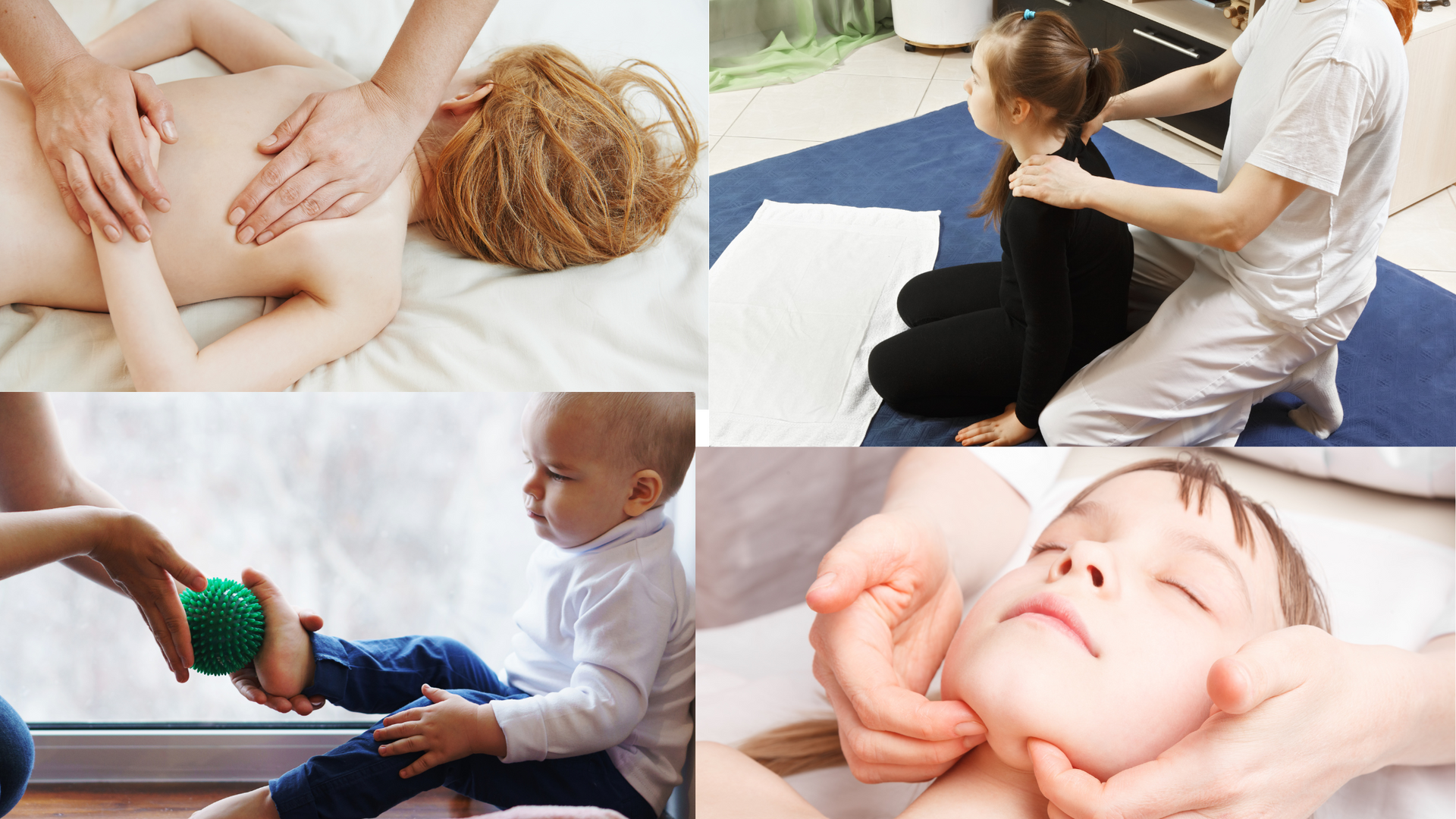
Child Development
As parents, fostering a child's development is at the forefront of our minds. Massage, when incorporated into a child's routine, can play a pivotal role in enhancing sensory awareness and motor skills. The gentle, rhythmic strokes stimulate nerve endings, promoting a deeper connection between the brain and the body. This, in turn, supports the development of coordination and body awareness, setting a strong foundation for future physical activities.
Mood Regulation
The rollercoaster of emotions that children experience can be challenging to navigate. Massage has proven to be a potent mood regulator. The soothing touch releases endorphins, the body's natural feel-good hormones, promoting a sense of calm and relaxation. Incorporating massage into your child's routine can provide a reliable anchor during turbulent emotional times, fostering emotional resilience.
Cognitive Function
In the realm of cognitive development, the benefits of massage are equally remarkable. The calming effect of massage extends to the mind, improving concentration and cognitive function. By reducing stress and anxiety, massage creates an optimal environment for cognitive processes to flourish, contributing to enhanced learning abilities and academic performance.
Stress Management
Childhood, though seemingly carefree, is not exempt from stressors. Academic pressures, social challenges, and even familial changes can impact a child's stress levels. Regular massage acts as a powerful stress-management tool, creating a safe space for children to relax and unwind. This not only mitigates the immediate effects of stress but also equips them with coping mechanisms that can be invaluable throughout life.
Physiological Development
Beyond the realms of emotion and cognition, massage influences the physiological development of children. The gentle pressure applied during massage has been linked to improved blood circulation and enhanced lymphatic drainage. These physiological benefits contribute to a strengthened immune system, aiding the body's natural defence mechanisms against illnesses.
Physical Well-being
Growing bodies experience a myriad of changes, and massage can be a supportive ally in this journey. The kneading and stretching involved in massage promote flexibility and muscle tone, preventing potential discomfort associated with rapid physical growth. Additionally, massage has been associated with improved sleep quality, essential for the overall physical well-being of children.
Conclusion
In the tapestry of parenting, massage emerges as a thread that weaves together various facets of a child's well-being. From fostering development to regulating mood, enhancing cognitive function, managing stress, and influencing physiological and physical growth, the benefits of massage are diverse and profound. As we navigate the complexities of raising children, let us not overlook the therapeutic power of touch—a simple yet transformative practice that nurtures body, mind, and soul. Incorporating massage into your child's routine is not just a luxury, it's an investment in their holistic well-being that will resonate throughout their lives.

